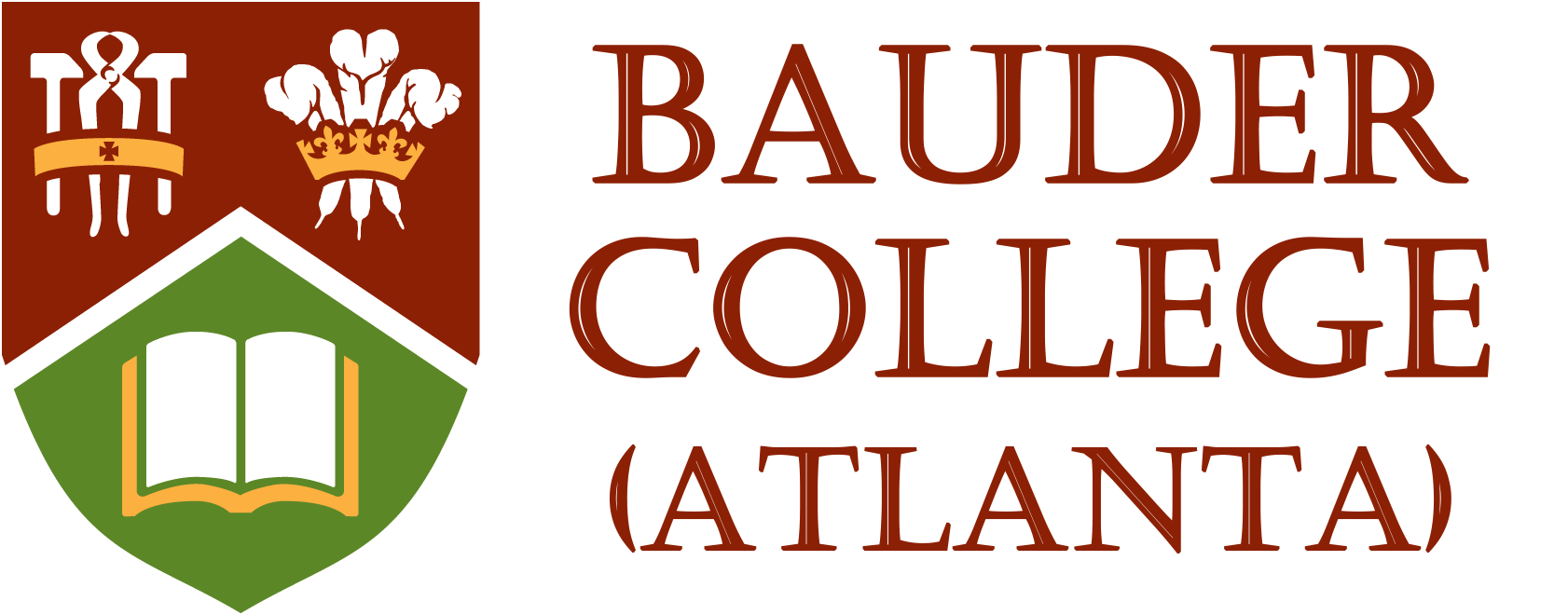Statistics is the practice of collecting and analyzing numerical data, and inferring properties of the whole from a representative sample. The Bachelor of Science with a major in Statistics provides students with the solid foundation in both statistical theory and applied statistics necessary to become a statistician or proceed to more specialized statistical study at the graduate level. Students interested in continuing to work in statistics research should consider the Bachelor of Science with honours in Statistics.
Common Core
All degree programs in the School of Mathematical and Computational Sciences are built on a common core of courses that should be completed in the first two years of study. This common core consists of the following courses:
| Course | Course name | Credits |
| MATH 1910 | Single Variable Calculus I | 4 |
| MATH 1920 | Single Variable Calculus II | 4 |
| MATH 2610 | Linear Algebra I | 3 |
| STAT 1910 | Intro to Probability and Statistics | 3 |
| CS 1910 | Computer Science I | 3 |
| CS 1920 | Computer Science II | 3 |
|
One of: |
|
3 |
| Total Semester Hours of Credit | 23 |
Common Breadth Requirement
Students must take at least 15 semester hours of credit beyond the core course requirement in courses outside the School of Mathematical and Computational Sciences, and of these 15 semester hours of credit at least 6 must be from outside the Faculty of Science.
Common Advanced Courses
Students in all degree programs in the School of Mathematical and Computational Sciences must complete MCS 4210 Professional Communication and Practice (writing-intensive) and MCS 3050 Tutoring in Mathematical and Computational Sciences.

The BCA Co-op Program is an integrated approach to university education which enables students to alternate academic terms on campus with work terms in suitable employment. The success of such programs is founded on the principle that students are able to apply theoretical knowledge from course studies in the workplace and return to the classroom with practical workplace experience. Students who successfully complete all the requirements of the program will have the notation entered on their transcripts and on the graduation parchment.
Students accepted into the program complete at least three paid work terms of normally 14 weeks duration, and three professional development courses. Credits earned through completion of work terms are counted as general electives.
The Co-op option is available to full-time students in any MCS Major or Honours program. Applications to the Co-op Education Program are normally made after completion of the first year of study. MCS students must complete 126 semester hours of credit in order to graduate with the Co-op designation.
Visit the Co-operative Education Program website for more information.
Students in the Mathematics, Statistics and Computer Science programs have an Honours option. Permission of the School of Mathematical and Computational Sciences is required for admission to an Honours program. Students must normally have a minimum average of 70% in all previous courses. Normally, the School expects an average of 75% in all previous Mathematical and Computational Sciences courses. Admission is contingent upon the student finding a project advisor and acceptance by the School of the topic for the Honours project. Students interested in doing Honours are strongly encouraged to consult with the Associate Dean of the School of Mathematical and Computational Sciences as soon as possible, and no later than January 31 of the student’s third year. To receive the Honours designation, in addition to successful completion of the Honours project, normally students must maintain an average of at least 75% in all courses in the School of Mathematical and Computational Sciences.
The Honours in Statistics program requires a total of 126 semester hours of credit, as described below:
| Credits | |
| The Common Core | 23 |
| MATH 2910 - Multivariable and Vector Calculus | 4 |
| MATH 2620 - Linear Algebra II | 3 |
| MATH 2720 - Mathematical Reasoning | 3 |
| MCS 2030 - R Technology Lab | 3 |
| STAT 2910 - Probability and Mathematical Statistics I | 3 |
| STAT 3910 - Probability and Mathematical Statistics II | 3 |
| STAT 3240 - Applied Regression Analysis | 3 |
| STAT 4550 - Data Analysis and Inference | 3 |
| STAT 4240 - Experimental Design | 3 |
| STAT 4330 - Time Series I | 3 |
| STAT 4110 - Statistical Simulation | 3 |
| STAT 4410 - Stochastic Processes | 3 |
| MCS 4900 - Honours Project | 6 |
|
Two electives in the Mathematical and Computational Science (at the 3000 level or higher) |
6 |
| MCS 3050 - Tutoring in Mathematical and Computational Sciences | 1 |
| MCS 4210 - Professional Communication and Practice | 3 |
| Additional general electives | 52 |
| Total Semester Hours of Credit | 126 |
The Major in Statistics requires a total of 120 semester hours of credit, as described below:
| Credits | |
| The Common Core | 23 |
| MATH 2910 - Multivariable and Vector Calculus | 4 |
| MATH 2620 - Linear Algebra II | 3 |
| MATH 2720 - Mathematical Reasoning | 3 |
| MCS 2030 - R Technology Lab | 1 |
| STAT 2910 - Probability and Mathematical Statistics I | 3 |
| STAT 3910 - Probability and Mathematical Statistics II | 3 |
| STAT 3240 - Applied Regression Analysis | 3 |
| STAT 4550 - Data Analysis and Inference | 3 |
| STAT 4240 - Experimental Design | 3 |
| STAT 4330 - Time Series I | 3 |
| STAT 4110 - Statistical Simulation | 3 |
| STAT 4410 - Stochastic Processes | 3 |
|
Two electives in the Mathematical and Computational Sciences (at the 2000 level or higher) |
6 |
| MCS 3050 - Tutoring in Mathematical and Computational Sciences | 1 |
| MCS 4210 - Professional Communication and Practice | 3 |
| Additional general electives | 52 |
| Total Semester Hours of Credit | 120 |
Students may obtain a Minor in Statistics by completing at least 23 semester hours of credit in Mathematics and Statistics defined as follows:
| MATH 1910-1920 - Single Variable Calculus I & II | 8 |
| STAT 1910 - Introduction to Probability and Statistics | 3 |
| MATH 2610 - Linear Algebra I | 3 |
| STAT 2910 - Probability and Mathematical Statistics I | 3 |
| plus 6 semester hours of credit in Statistics at the 3000 level or higher | 6 |
| Total Semester Hours of Credit | 23 |


High School Graduates
American High School Equivalency Chart
- Grade 12 Academic English
- Grade 12 Academic Mathematics
- Two Grade 12 Academic Science subjects (acceptable subjects: Chemistry, Biology, Physics, Computer Science, Oceanography, Animal Science, Environmental Science)
- One additional Grade 12 Academic course
Please note: Successful completion of Grade 12 Chemistry (or equivalent) is required as a prerequisite for permission to register in CHEM-1110.
Please refer to the BCA Academic Calendar for complete admissions information.
BCA's undergraduate tuition is the second-lowest in the Atlantic region, and we offer millions of dollars in scholarships and awards.
Tuition
$6,390 per year, based on 30 credit hours ($639 per 3 credit course).
International students pay $7,470 per year in addition to full-time student tuition.
For a complete breakdown of part-time or full-time study as a student in the Faculty of Science, visit our Tuition and Fees page.
Scholarships and Awards
BCA supports you and your educational goals. We administer millions of dollars in scholarships and awards to our undergraduate and graduate students every year. Depending on your faculty or program, and year of study, you may be eligible for available awards.
Search the complete list of scholarships for information and application forms.
Celebrating Student Achievement
Including Guaranteed Entrance Scholarships and Academic Excellence Awards, these awards recognize the academic achievements of all students who meet the eligibility criteria while studying towards their first undergraduate degree.
Visit the Scholarships site for complete information.
BCA has about 250 faculty—exceptional scholars, teachers, and mentors, with more being hired each year as we open new, progressive, and unique programs. But the story isn’t just in the numbers. It’s in the quality of our people. Award-winning faculty from around the globe have made BCA home. Here, you’ll learn directly from these world-class professors and researchers in small classes where you’ll have easy access to them.



